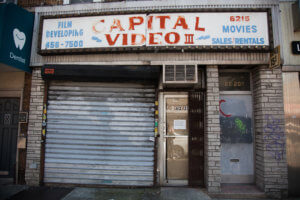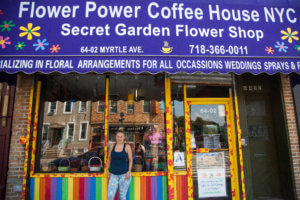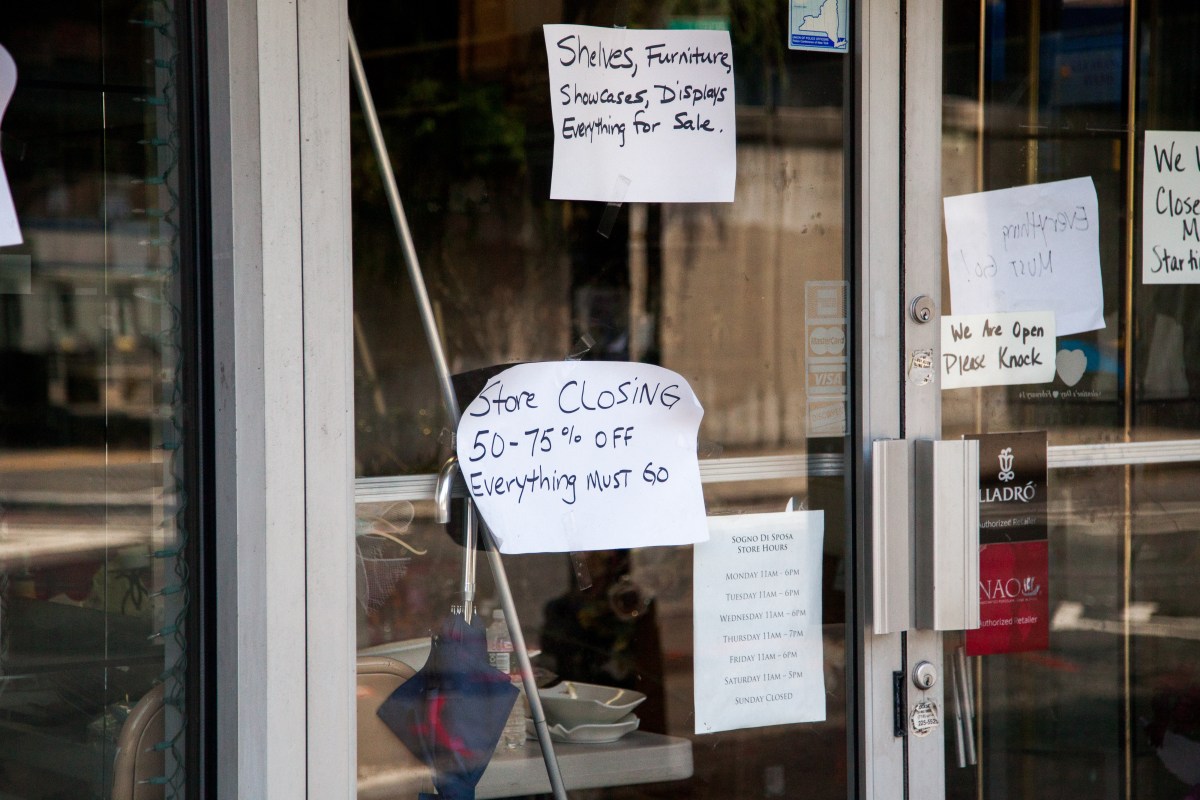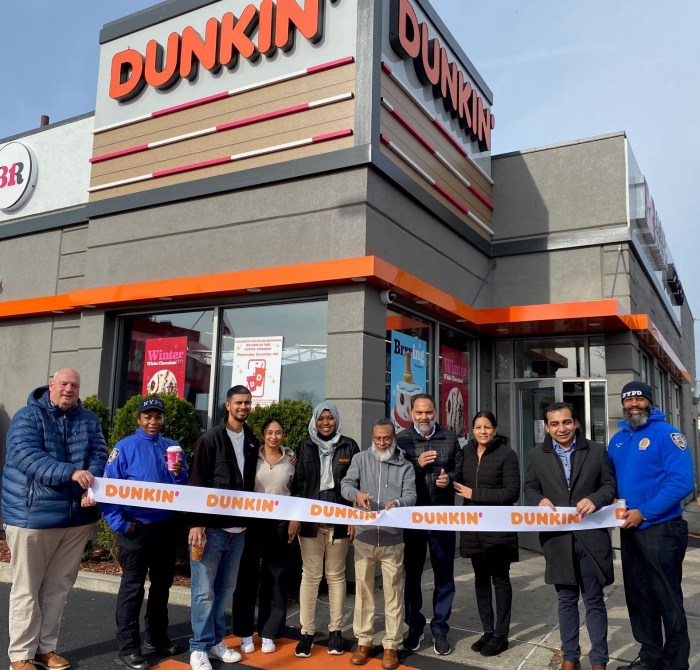If you need a cavity filled, you’ll have no problem finding a dentist along Myrtle Avenue in Glendale. A 13-block stretch between Fresh Pond Road and Cooper Avenue has 12 dentist offices alone, along with seven realty offices and seven medical suppliers.
But if you’re in need of something not related to oral hygiene, real estate or medicine, chances are you won’t find it on that strip so easily.
In fact, a survey of the strip that QNS and the Ridgewood Times conducted this week revealed that there are more closed storefronts — at least 16 of them — along the street than active stores for any particular business category.
Now that local business owners and elected officials are making moves to resurrect the Glendale Chamber of Commerce, local business owners say that the effort to strengthen the area’s local businesses is an uphill battle. They say any of the problems in the strip stem from its zoning and the attitudes of the business community.
Despite these challenges, a new generation of entrepreneurs is leading the way to create more destination businesses that can attract the neighborhood’s increasing number of millennial transplants.
Mitchell Todd, a real estate broker at Carollo Real Estate on Myrtle, said that the problem with the strip is that none of the stores past Fresh Pond Road are destination shopping.
“I mean what is the story with a dentist on every block?” he said.
The strip becomes a ghost town once all the professional stores close down for the night, he said. While Ridgewood is getting flooded with young professionals who are hungry for nightlife, foot traffic doesn’t typically make it past Fresh Pond because the businesses don’t cater to them.
“And most of these bars, they’re all old man bars. I go by at 10 a.m. and there’s guys already drinking. These aren’t bars where hipsters come to socialize,” Todd said.
Todd argued that the problem boils down to zoning. The entire strip is an R5 district with, a residential zoning designation that restricts buildings to three or four stories and limits the area of commercial space, preventing many types of retail and service industries from being able to take root there.

Bob Kueber, a broker at another Myrtle Avenue Realty company, agreed with this assessment. While Kueber doesn’t think that the answer to the strip’s problems is bars and restaurants on every corner, he did say that the small size of the buildings is the root of the problem.
“Retail buildings aren’t big enough to support chains or things like that,” Kueber said.
He recalled the recent closing of a Subway store, which was forced out of business because the building didn’t have ADA access. When the owner began the process of putting in a ramp, he learned that a ramp would have extended into the sidewalk, and violated traffic regulations.
“He couldn’t conform and he couldn’t operate without conforming,” Kueber said.
Dorothy Stepnowska, the owner of Flower Power Coffee House who is leading the effort to restore the Glendale Chamber of Commerce, also represents the millennial-catering cohort that Todd suggested might attract more foot traffic.
Her business opened as the first cannabidiol (CBD)-infused coffee shop in New York City before the Food and Drug Administration banned the addition of the CBD oil to food. Like many other businesses on the strip, she closed her shop for several weeks in the summer to make up for the lull in customers.

Stepnowska’s hopes for the chamber hinge on enlisting local electeds to apply political pressure on behalf of businesses. She has been talking to state Senator Joseph Addabbo about proposing a bill that would cut down on the tax exemptions landlords receive while they sit on vacant storefronts.
For a shop like hers, the character of the strip can make or break her bottom line. To boost her customer base, she has had to get creative by organizing events, like open mics, drag shows, outdoor movies and even live streaming a talk show on Instagram that takes place every Tuesday.
While she admits that the neighborhood presents a challenge, she believes that an increase in businesses like hers is inevitable given the neighborhood’s demographic trends. She’s just trying to kickstart the process by forming a coalition that can support each other.
“This area is the best area to open now because the rents are still low. Because everyone is coming. This is going to bloom this neighborhood. I tell people grab a store because if you want to open a business and you want low rent, you’re good to go for a few years,” Stepnowska said.



































